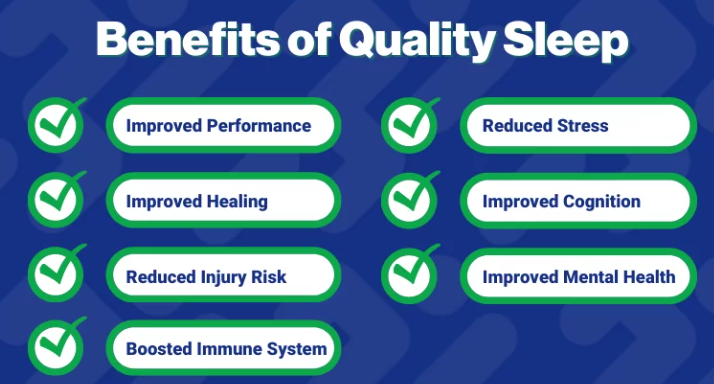In elementary math classes, it’s not uncommon to see kids using their fingers to add numbers or hear young scholars chanting out sequences to complete multiplication problems. However, these practices become less common as students advance to complex math classes, and according to new research, it’s because their brains reorganize to become more math-efficient!
In one study, researchers presented a group of 28 students who were 7-9 years old with math problems in two different scenarios. In one condition, students were placed inside of a brain-scanning device known as a MRI machine, where they had to mentally solve math problems that flashed in front of their eyes. In the second situation, the children were seated in front of an experimenter who carefully watched for finger-counting and moving lips as the youngsters solved simple arithmetic expressions. The researchers then tested the group about one year later, and they found some funny stuff going on in their young brains.
It turns out that as the kids aged, they relied less on problem-solving skills and more on their memories to find answers for the math problems. This was evident as their brains showed less activity in the prefrontal and parietal regions – which are associated with problem-solving and counting – and relied more on their hippocampus – which is essentially the memory center of our noggin’. Not only could the matured group come up with answers faster, they were more likely to be accurate!
And of course, practice makes perfect. According to a related study, this brain processing will only become more streamlined as math students grow into adults. The experiment gave identical math problems to 20 children and 20 adults. The adults were so well-versed in basic math operations, they could basically recall the answers automatically! What does this mean for kids who are struggling with basic math, or for young scholars who want to learn more advanced mathematics?
Practice, practice… and practice some more! As the brain becomes more experienced with recalling answers to basic problems, it becomes easier to do so in the future. Then, the brain can use the attention that would have normally been used to solve problems and redirect the resources to understanding more complex mathematical concepts.
This research is just one of many studies showing that math skills really aren’t about being smart… it’s about hard work and dedication.











